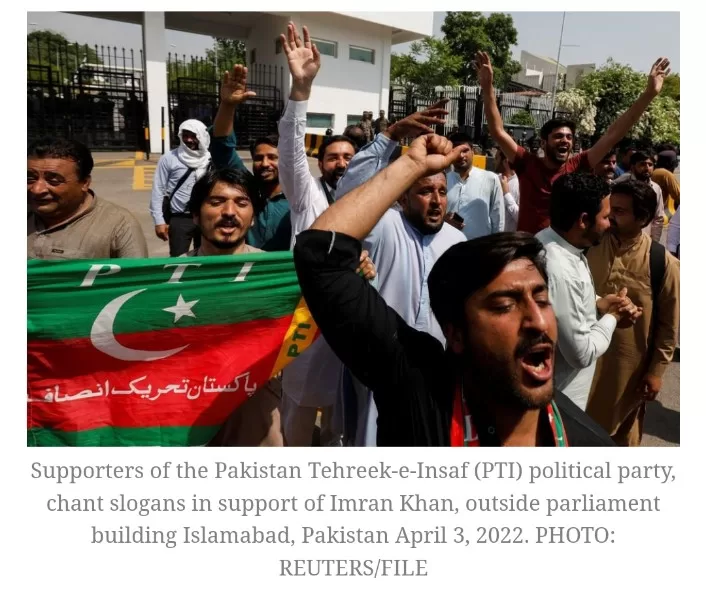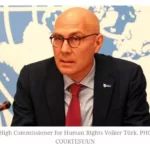In a comprehensive annual report titled ‘The State of Human Rights in 2022,’ the Human Rights Commission of Pakistan (HRCP) underscores the profound impact of ongoing political and economic instability on the human rights landscape in the country. The report delves into specific instances and provides a detailed analysis of the challenges faced.
1. Supremacy of Parliament Undermined:
The HRCP expresses deep concern over the erosion of the supremacy of parliament, attributing this to the failure of both past and current governments. Tussles among the legislature, executive, and judiciary are identified as key factors undermining institutional credibility.
2. Political Victimisation Persists:
The report highlights a persistent trend of political victimisation throughout the year. Colonial-era sedition laws were reportedly weaponized to suppress dissent, leading to arrests of journalists and opposition politicians. Claims of custodial torture emerged despite the passing of a bill criminalising torture.
3. Right to Freedom of Assembly Violated:
Following the successful vote of no-confidence against former Prime Minister Imran Khan, law-enforcement personnel clashed with protesters, violating the right to freedom of assembly.
4. Surge in Terror Attacks:
The report reveals an alarming resurgence in terror attacks, reaching the highest levels in five years. The attacks resulted in 533 lives lost, underscoring deficiencies in the state’s response to militancy.
5. Enforced Disappearances and Balochistan Crisis:
The HRCP notes an uptick in enforced disappearances, particularly in Balochistan. Despite the passage of a bill criminalising such acts, 2,210 reported cases remain unresolved.
6. Climate Change Impact and Local Governance:
Relief and rehabilitation efforts for the 33 million people affected by climate change-induced floods fell short. The report emphasizes the need for empowered local governments in every province.
7. Threats to Freedom of Religion or Belief:
The HRCP expresses grave concern over escalating threats to freedom of religion or belief. Mob lynching incidents rose despite a decrease in police reports on blasphemy charges. The Ahmadiyya community faced particular threats, with over 90 graves desecrated.
8. Violence Against Women and Transgender Persons:
Violence against women persisted, with 4,226 reported instances of rape and gang-rape and a remarkably low conviction rate for perpetrators. Discrimination against transgender persons, highlighted as the theme of the report, faced a conservative backlash despite the existence of the Transgender Persons (Protection of Rights) Act 2018.
9. Economic Neglect and Workers’ Rights:
Economically, the report notes the neglect of workers’ and peasants’ rights. Despite an increase in the minimum wage, the report argues that it falls below the threshold of a living wage. Bonded labor issues persist, and the death toll in the country’s mines remains high.
10. HRCP’s Urgent Call for Action:
The HRCP concludes the report by urgently calling for immediate state action on these critical human rights issues. It advocates for a pro-people approach to politics, law, and governance as a necessary step towards addressing these challenges.





